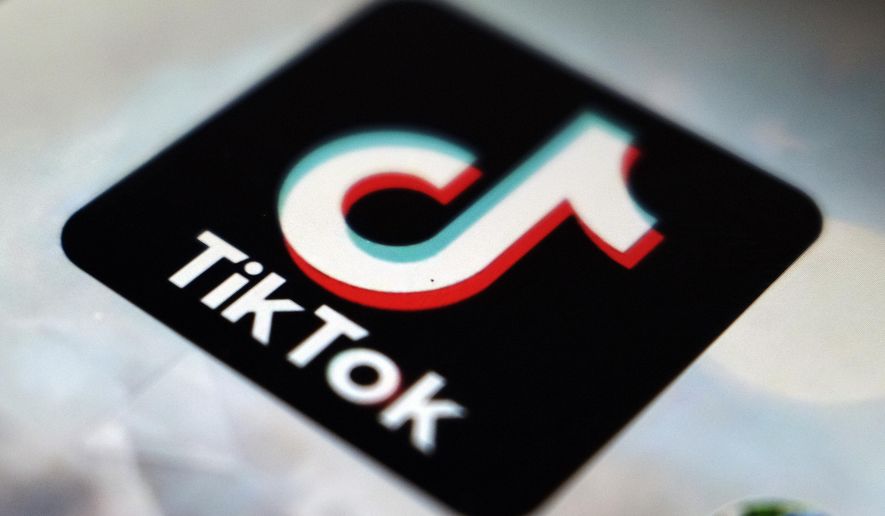The House Foreign Affairs Committee voted Wednesday to advance a bill empowering the president to enact greater restrictions on TikTok, over Democratic lawmakers’ objections, as the Biden administration decides whether to pursue a total blockade of the app.
The panel voted 24 to 16 along partisan lines to advance the bill to give President Biden more power. The measure, known as the Deterring America’s Technological Adversaries Act, was introduced Friday by committee Chairman Michael McCaul, Texas Republican.
“This legislation is a first step in protecting Americans against subversive data collection,” Mr. McCaul said ahead of the vote. “Currently, the courts have questioned the administration’s authority to sanction TikTok. My bill empowers the administration to ban TikTok or any other software application that threatens U.S. national security.”
Mr. Biden signed into law new restrictions that remove the China-founded video platform from government devices last year, and his team directed federal agencies this week to remove the app from their devices within 30 days. Critics have expressed concern that TikTok user data could end up in the hands of the Chinese government.
Mr. McCaul’s bill directs the president to tell Congress within 90 days of enactment of the law whether there is a reason to ban TikTok or its China-founded owner ByteDance, according to the text of the bill shared by Mr. McCaul’s office.
If the president decides there is sufficient cause to ban either entity, the DATA Act compels him to sanction the technology accordingly to block it in the U.S.
The top Democrat on the House Foreign Affairs Committee complained that Republicans rushed the legislation. Rep. Gregory Meeks of New York said lawmakers have not had the time to conduct due diligence on Mr. McCaul’s proposal.
“The Republican instinct to ban things it fears, from books to speech, appears uninhibited,” Mr. Meeks said in a statement Wednesday. “Before we take the unprecedented step of banning an app used by over 100 million Americans, harming our national security and infringing on their freedom of expression and speech, Congress must first adequately consult with the administration and other stakeholders.”
TikTok likewise ripped Mr. McCaul’s legislation and griped that it was rushed.
“A U.S. ban on TikTok is a ban on the export of American culture and values to the billion-plus people who use our service worldwide,” TikTok spokesperson Brooke Oberwetter said in a statement. “We’re disappointed to see this rushed piece of legislation move forward, despite its considerable negative impact on the free speech rights of millions of Americans who use and love TikTok.”
• Ryan Lovelace can be reached at rlovelace@washingtontimes.com.




Please read our comment policy before commenting.